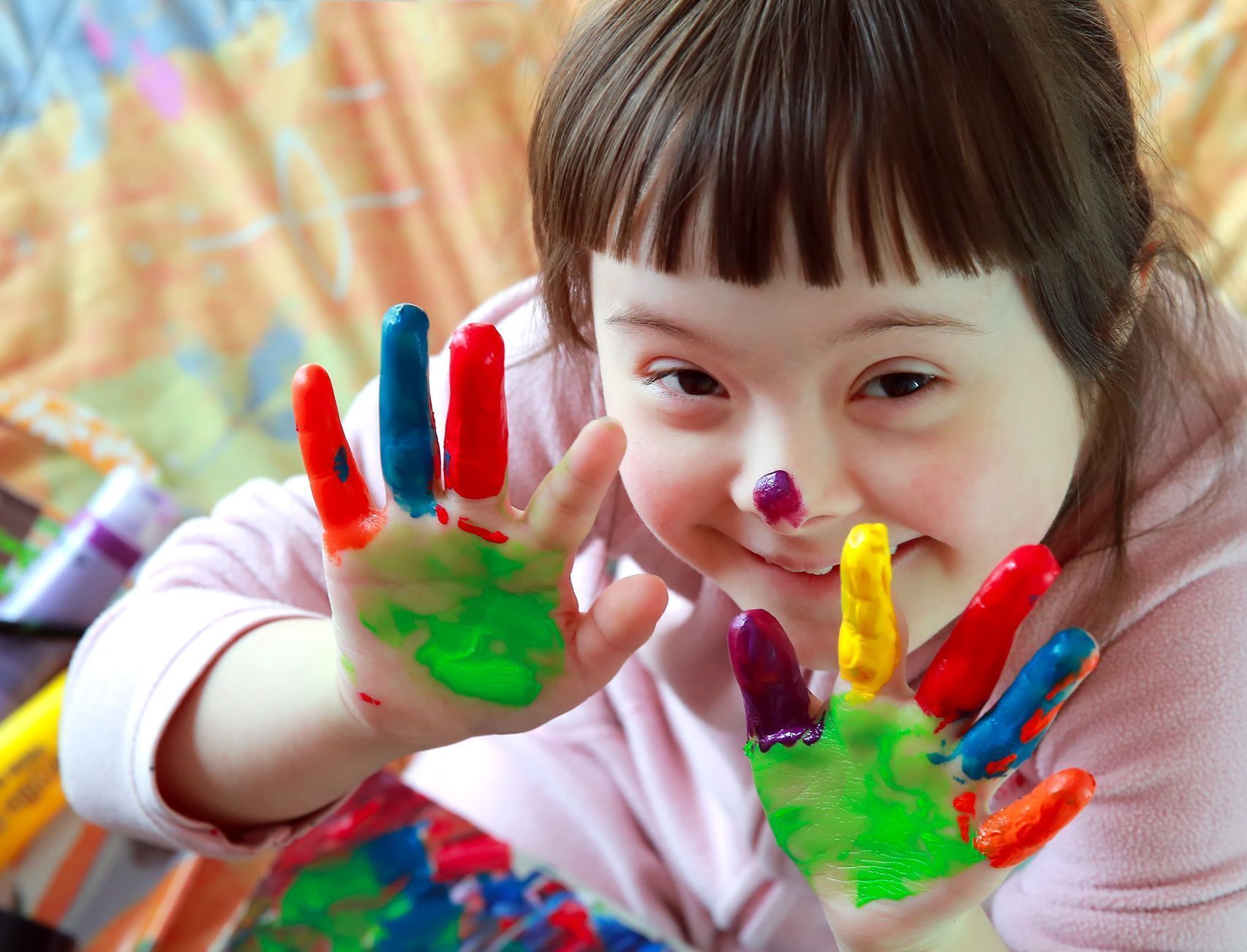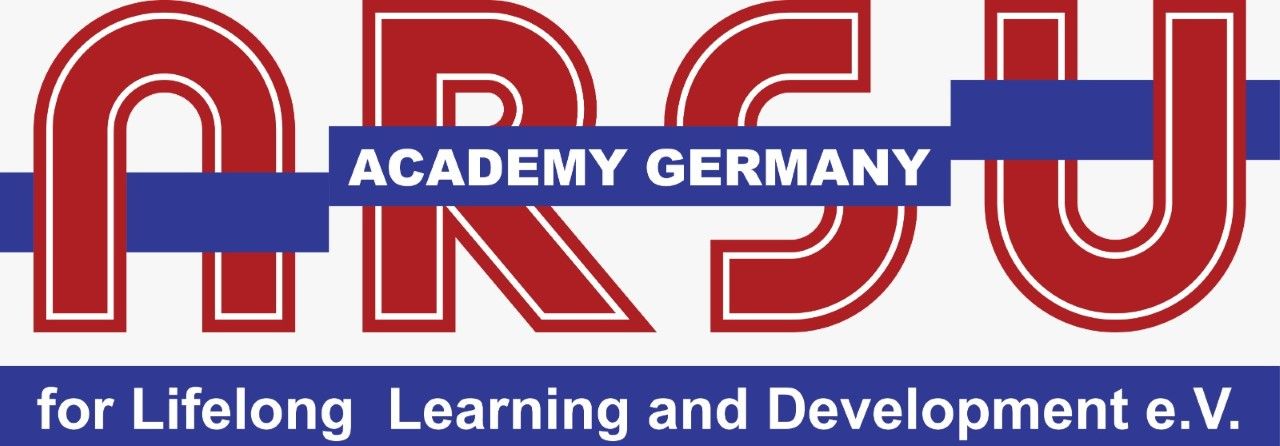Passion for Inclusion (P4I)

Passion for Inclusion (P4I) – A Best Practice Project for Inclusive Education 🌍✨
A Successfully Completed Erasmus Project
The Erasmus project "Passion for Inclusion (P4I)" was successfully carried out with the support of the European Commission. Following a comprehensive evaluation by the German National Agency, the project received an outstanding rating:
📌 Project Evaluation:
✅
89 points for the
overall quality of planning & implementation
✅
96 points for the
final report – excellent documentation of project results
💡 Thanks to this exceptional rating, P4I was recognized as a "Best Practice Project". This not only confirms the high quality of the project activities but also underscores the sustainability of the developed methods and the positive impact on participating organizations and target groups.
Below, you will find all relevant links to the intellectual outputs, the official project website, social media channels (Instagram, Facebook), the mobile app, and the e-learning program.
📌 Background of the Project
People with disabilities are among the most disadvantaged groups in society. They face numerous challenges in social, professional, and educational life and often have limited access to educational opportunities and full participation in society.
📢 A highly neglected area: Sexual Education for People with Disabilities
While many people acquire
sexual education knowledge informally, individuals with
disabilities often face
prejudices, taboos, and cultural norms that limit their access to
reliable information.
Programm: Erasmus
Projektname: Passion for Inclusion (P4I)
Leitaktion: Kooperationspartnerschaften in der Erwachsenenbildung
Projektnummer: 2021-1-DE02-KA220-ADU-000035138
Antragstellende Organisation:
OID: E10264204
Name:
ARSU Academy for Lifelong Learning and Development Germany e.V.
Land: Deutschland
Stadt:
Berlin


💡 Objective of P4I
The project developed an innovative model for sexual education, specifically designed for people with intellectual disabilities. Using modern pedagogical approaches, the project enabled effective and inclusive sexual education, tailored to the individual needs of the participants.
🎯 Project Goals & Methodology
🔹
Promoting sexual education for people with disabilities
🔹
Breaking down prejudices & raising social awareness
🔹
Creating an innovative education model for inclusive sexual education
🔹
Developing interactive learning materials & audiovisual content
🔹
Enhancing the skills of teachers, social workers & family members
📌 Innovative Methods:
✅
Cooperative learning – Encouraging
exchange & collaboration
✅
Digital media – Utilizing
accessible learning platforms & adaptive software
✅
Creative teaching methods – Using
music, theater & art for knowledge transfer
✅
Individual support – Adapting content to
diverse needs
📍 Project Activities & Milestones
📅
Education Time (Germany) – Use of
IT technologies for inclusion
📅
Let’s Learn with Drama (Malta) –
Creative theater to enhance
social interaction
📅
Let’s Learn with Music (Italy) –
Music as a pedagogical tool for inclusion
📅
Let’s Learn by Playing (Turkey) –
Gamification to enhance language & problem-solving skills
📌 Additional Activities:
✅ Development of an
interactive curriculum for inclusive sexual education
✅
Training sessions for teachers, social workers & parents to enhance knowledge transfer
✅
Creation of high-quality audiovisual learning materials &
interactive case studies
✅
Knowledge exchange between project partners & experts
📊 Project Contributions & Benefits
💡 P4I has significantly contributed to inclusive education on multiple levels:
✅
Personal Development – Promoting
self-determination &
social participation for people with disabilities
✅
Improved Educational Access – Providing
easy-to-understand &
accessible learning materials
✅
Cultural Exchange – Fostering
intercultural understanding & social acceptance
✅
Social Integration – Utilizing
sports, arts & music as
inclusive tools
✅
Empowerment & Decision-Making – Encouraging
people with disabilities to take
active roles in decision-making processes
✅
Reducing Violence & Discrimination – Raising awareness to combat
violence against women, migrants & people with disabilities
🌱 Sustainable Impact
✅
Enhancement of educational opportunities for people with disabilities
✅
Sustainable use of developed learning materials in
schools & educational institutions
✅
Strengthening teachers & social workers in handling
inclusive education
✅
Encouraging a societal shift towards
more inclusion & acceptance
✅
Raising awareness among
families & professionals about the
needs of people with disabilities
🎓 Conclusion: A Lasting Contribution to Inclusion
The "Passion for Inclusion (P4I)" project has successfully contributed to improving educational opportunities and social awareness for people with disabilities.
📌 Project Achievements:
✅
High participation numbers &
positive feedback from educational institutions
✅
Creation of sustainable learning materials, which continue to be used
✅
Long-term impact in schools, social institutions & professional communities
✅
International recognition as an
innovative model for inclusive education
💡 Inclusion is a responsibility for society as a whole – "P4I" has made a significant impact!
Below, you will find links to the intellectual outputs of the project, the official website, social media channels (Instagram, Facebook), the mobile app, and the e-learning program.
📲 With just one click, you can access detailed information and gain a comprehensive overview of the project.




